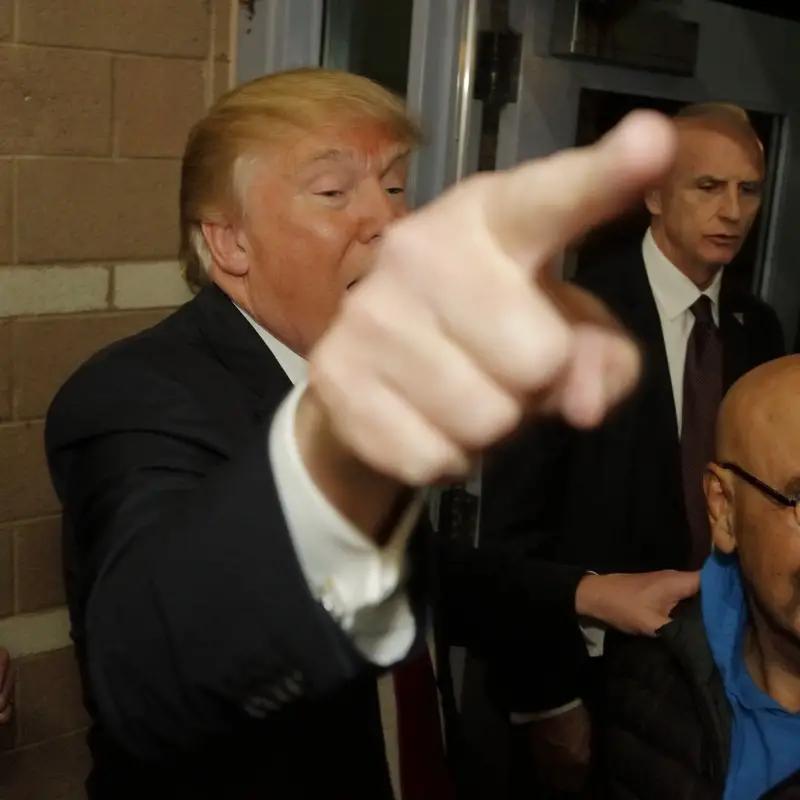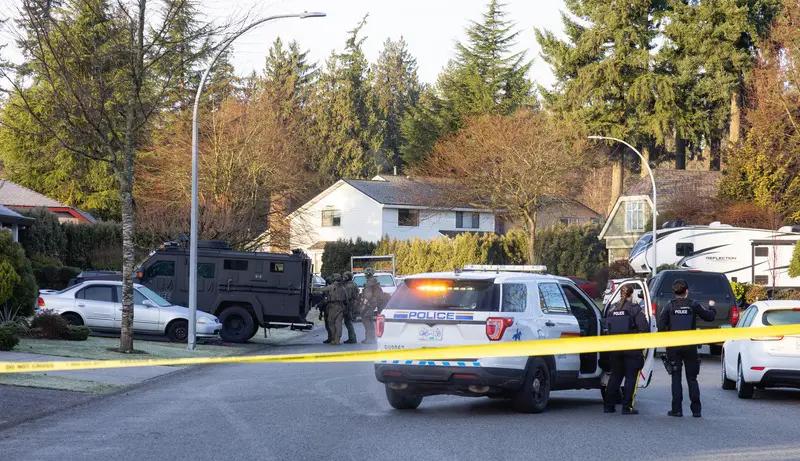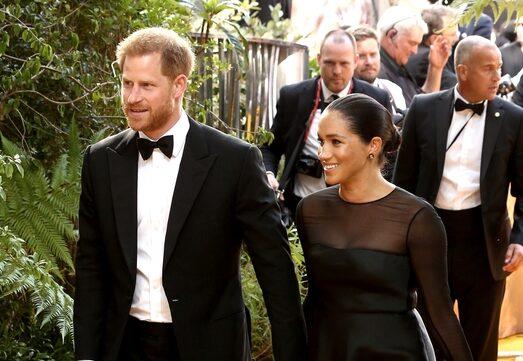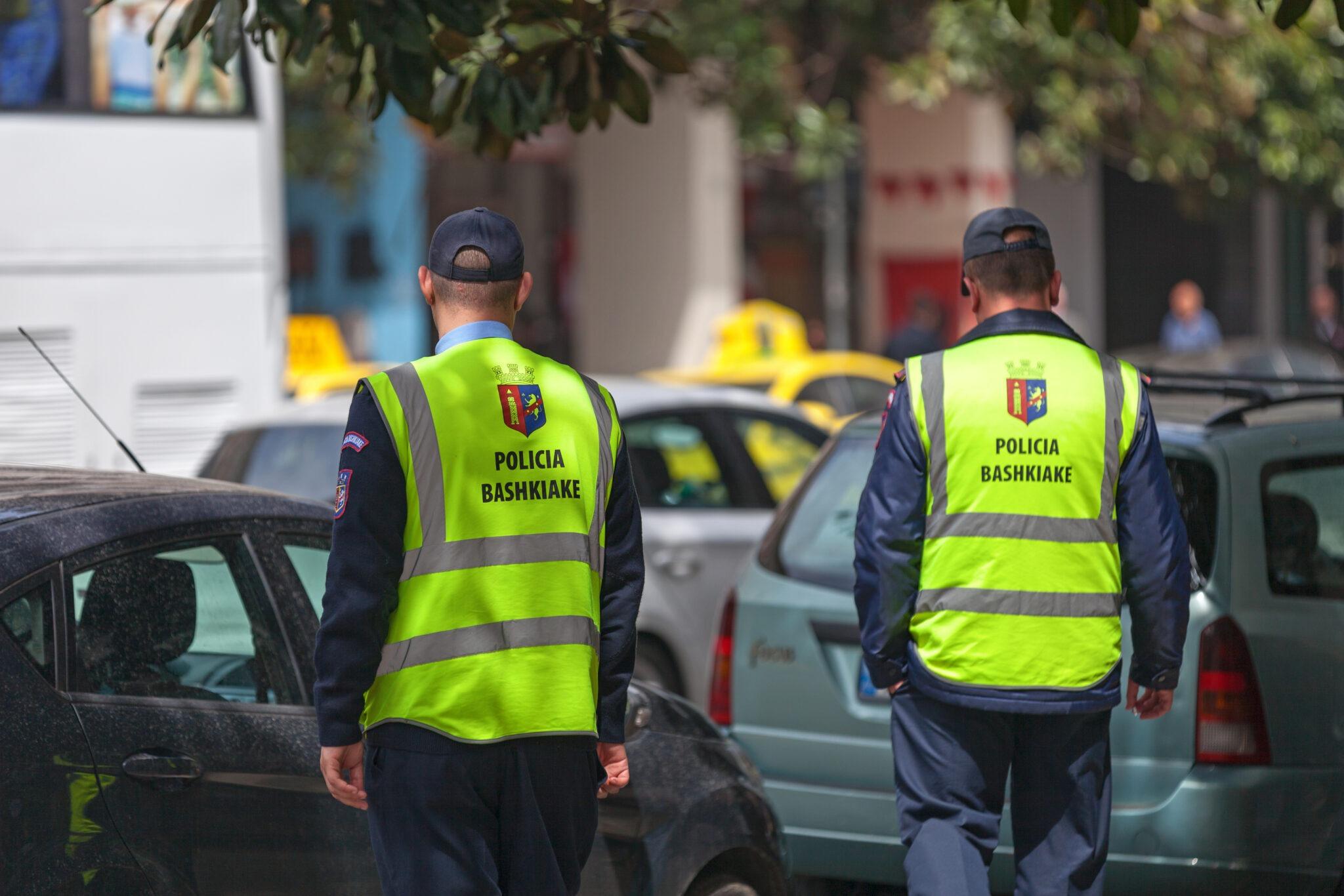President Donald Trump appeared confused Sunday evening, July 6, when asked about the timing of his administration’s tariff implementation, prompting Secretary of Commerce Howard Lutnick to step in and clarify the policy details at Morristown Municipal Airport in New Jersey.
The incident occurred as Trump prepared to board Air Force One following a weekend at his Bedminster property. A reporter asked whether tariff rates would change on July 9 or August 1, referencing the expiration of a 90-day pause on most trading partners that the administration had implemented in April.
Trump initially responded by asking, “What are you talking about?” When the reporter repeated the question about tariff rates and the specific dates, Trump provided a vague answer that did not directly address the timing question.
The President indicated that tariffs would be implemented and suggested most countries would reach agreements by July 9, either through letters or deals. However, his response lacked the specificity the reporter was seeking regarding the actual implementation timeline.
Lutnick then intervened to provide clarity, explaining that tariffs would go into effect on August 1, while Trump was setting the rates and negotiating deals in the present timeframe. This intervention highlighted the apparent disconnect between the President’s understanding and the administration’s actual policy timeline.
The confusion stems from the administration’s complex tariff strategy that began in April with the implementation of Liberation Day tariffs on dozens of countries. These tariffs initially sent global financial markets into turmoil and raised concerns about potential recession impacts before the 90-day pause was announced.
Earlier on Sunday, Lutnick had announced that the administration would reimpose the April tariff levels if countries failed to reach agreements with the United States by August 1, effectively extending the original July 9 deadline. This represented a shift from the initial 90-day negotiation period that was set to expire on Wednesday, July 9.
Treasury Secretary Scott Bessent had also appeared on CNN’s State of the Union program Sunday, explaining that approximately 100 letters would be sent to trading partners warning them about the August 1 deadline. Bessent indicated that many of these countries were already subject to the baseline 10 percent tariff rate.
The administration’s approach involves sending warning letters to countries that have not made sufficient progress in negotiations, threatening a return to April 2 tariff levels if agreements are not reached by the August deadline. Bessent suggested this strategy would accelerate deal-making among trading partners.
Trump had previously announced trade agreements with the United Kingdom, China, and Vietnam as examples of successful negotiations during the pause period. The administration has positioned these deals as evidence that the tariff strategy is producing desired results.
The President later posted on his Truth Social platform that tariff letters and deals with various countries would be delivered starting at 12:00 p.m. Eastern time on Monday, July 7. This announcement came after the airport exchange that had generated criticism on social media.
Social media users quickly seized on the exchange, with various commentators questioning Trump’s grasp of his own administration’s policies.
The incident also raised questions about the roles of different administration officials in managing trade policy. Lutnick’s immediate intervention to clarify the timeline demonstrated the coordination required between cabinet members when the President’s responses lack specificity.
The tariff strategy has been a central component of Trump’s economic agenda, with the administration arguing that reciprocal tariffs will encourage fairer trade relationships. However, the implementation has proven complex, requiring extensive negotiations with multiple countries simultaneously.
An anonymous source close to the White House told Politico that the tariff conversation might be partially performative, suggesting the administration may be using public statements as negotiating tactics rather than firm policy commitments.







